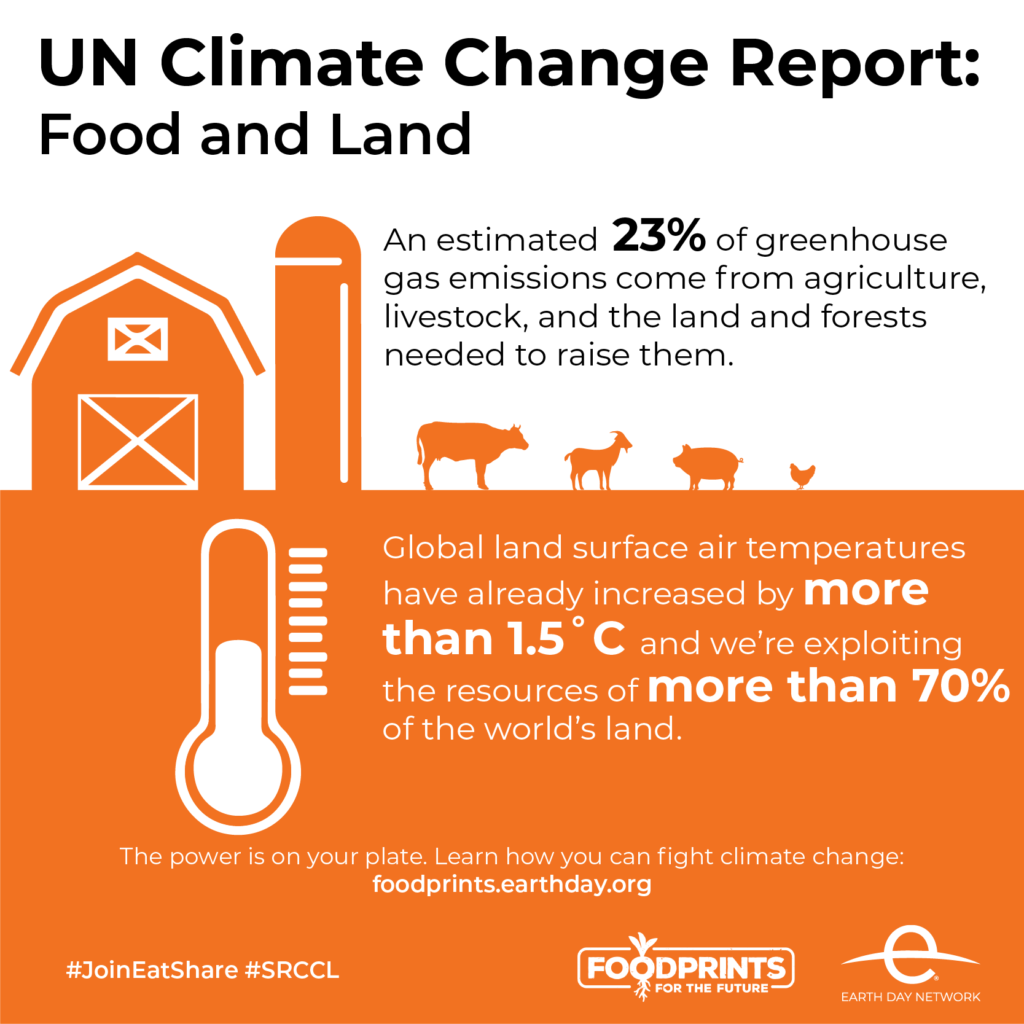In a world that’s speeding toward the future, the notion of eco-conscious living has become less of a trend and more of a necessity. We’re realising that every little choice we make, from what we eat to what we wear, holds the power to shape the planet’s destiny. One of the most impactful choices is what lands on our plates. Yes, plant-based eating is not just a buzzword; it’s a revolution for our planet. Let’s talk about how these green, leafy and rooty choices make such a big difference?
Less Land, Less Deforestation
Raising animals for meat and dairy takes up a significant chunk of real estate. When you go plant-based, you free up land. Land that can be allowed to return to its natural state, reducing the need for deforestation, which is a huge win for the environment. Rainforests, which we often associate with the Amazon, are chopped down at an alarming rate to make way for cattle farms. By choosing plants over animal products, we can help save these precious ecosystems.
Reducing Greenhouse Gas Emissions

Climate change is a hot topic, and rightly so. What we eat can have a surprising impact on this issue. Animal agriculture is a major contributor to greenhouse gas emissions, particularly methane and nitrous oxide. The United Nations Food and Agriculture Organization estimated that livestock is responsible for 14.5% of global greenhouse gas emissions. Shifting to a plant-based diet can significantly reduce your carbon footprint. It’s a simple, everyday way to combat climate change.
Conserving Wildlife
There are severe side effects of animal agriculture on wildlife. Habitat destruction, chemical runoff, and direct harm to animals are all part of the package. By going plant-based, you help lessen these impacts. It’s a way to vote for wildlife conservation with your fork. The more we support plant-based alternatives, the more we contribute to preserving the diversity of life on Earth.
Better Soil Health
Healthy soil is essential for growing crops. Plant-based agriculture often promotes soil health through practices like crop rotation and organic farming. This can reduce the need for synthetic fertilisers and pesticides. On the flip side, intensive animal farming can lead to soil degradation due to overuse of land, overgrazing, and waste runoff. Opting for plant-based choices can promote sustainable, fertile soil for future generations.
A Smaller Ocean Footprint
The state of our oceans is dire. Overfishing, bycatch, and pollution are wreaking havoc. Making plant-based seafood choices can help alleviate this pressure. Algae-based and plant-based seafood alternatives are not only eco-friendly but also provide a more sustainable source of protein. By reducing the demand for traditional seafood, we can give our oceans a breather.
Food Efficiency
Plant-based diets are more food-efficient. Simply put, it takes fewer resources to produce plant-based protein compared to animal protein. This efficiency means more people can be fed with fewer resources. As our global population continues to grow, this efficiency becomes increasingly important for ensuring everyone has access to nutritious food.
Bottom Line
Embracing an eco-conscious, plant-based lifestyle isn’t about sacrificing enjoyment; it’s about embracing a sustainable future. The choices we make, starting with what we put on our plates, hold the power to reshape the world.
It’s a journey towards a greener, healthier planet, one meal at a time.



